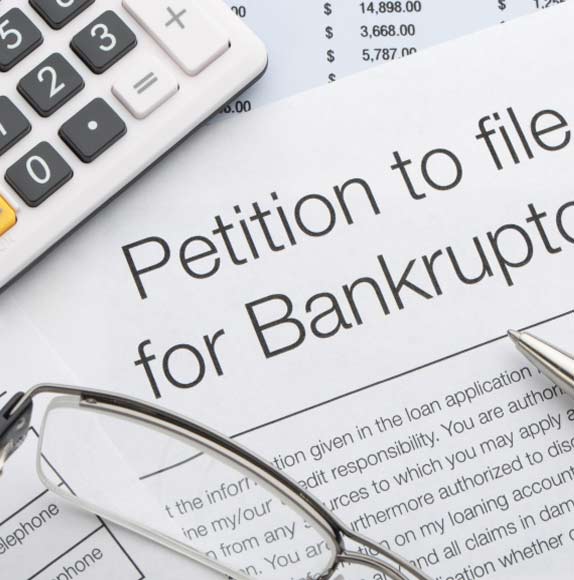Your Financial Picture After Discharging Debts In Bankruptcy
“Ira made a difficult ordeal for us into a smooth process that was less threatening than we had expected it to be. Everything turned out the way he had informed us from the beginning.” A.T. and K.T., Jefferson, MA
Individuals in financial distress who are considering filing for bankruptcy are often concerned about the effect of the bankruptcy on their future. They worry that their credit score will go down, that they won’t be able to get credit or be able to buy a new car or a house. Although these concerns are understandable, in most cases people who have filed for bankruptcy are in a much better position financially immediately after the filing of the bankruptcy and into the future.
Getting A Fresh Start In Life Through Bankruptcy
First, and most importantly, the filing of a bankruptcy allows for a “fresh start,” the main purpose behind the bankruptcy law. Because the bankruptcy serves to discharge debt, income is freed up to pay for items that benefit the family (such as new clothes, vacations, children’s activities) instead of going to creditors. The bankruptcy also serves to further relieve stress as it stops the onslaught of harassing phone calls and threats from creditors.
When faced with the situation of losing a house to foreclosure, a Chapter 13 may be the last (and often is the best) option available to save the house. And when it comes to finding a solution to keeping your house, the last thing you should be concerned about is your credit score. Losing your house to foreclosure or going through with a short sale will not only damage your credit score, but you will also no longer own your house.
Obtaining Credit After Bankruptcy
Most people who file bankruptcy are doing so because they have overwhelming debt, are behind on payments to creditors or are trying to prevent losing their house to foreclosure. In such situations, their credit scores have already been lowered due to these negative factors. Filing for bankruptcy will not result in a much lower credit score. In fact, it is likely that your credit score will start to increase within a year following the filing of a bankruptcy due to the elimination of debt; if you do not file for bankruptcy, the debt, and the lower credit score, will likely continue into the foreseeable future.
It is not uncommon for individuals to be approved for credit cards shortly after the filing of a bankruptcy. Making monthly payments on time for mortgages, car loans, credit cards, etc. can help re-establish one’s credit worthiness even faster. If you keep your finances in order after getting debt relief from the bankruptcy filing, not only will your credit score continue to rise but you will also be in a position to obtain approval for a mortgage loan.
Chapter 7 And 13 Bankruptcy Attorney In Franklin, Massachusetts
At the Law Offices of Ira C. Yellin, LLC, we are experienced with bankruptcy and dedicated to obtaining the fullest debt relief for our clients. With offices conveniently located in Franklin, our firm is readily available to assist you with your most urgent and pressing legal needs.
Make Sure Your Debts Are Fully Discharged
For more information or to schedule a free initial consultation with an experienced bankruptcy lawyer, contact the Law Offices of Ira C. Yellin, LLC, today. Call our Franklin office at 508-528-8885. You can also email us to learn more about our legal services.
When representing consumer debtors in connection with bankruptcy, the Law Offices of Ira C. Yellin, LLC, is a debt relief agency as defined by the Bankruptcy Code, 11 USC § 101(12A).

